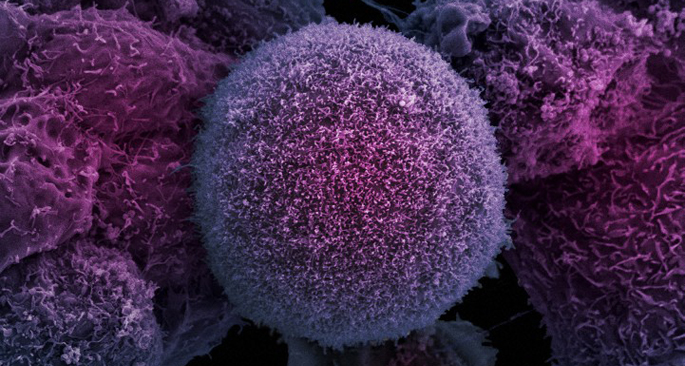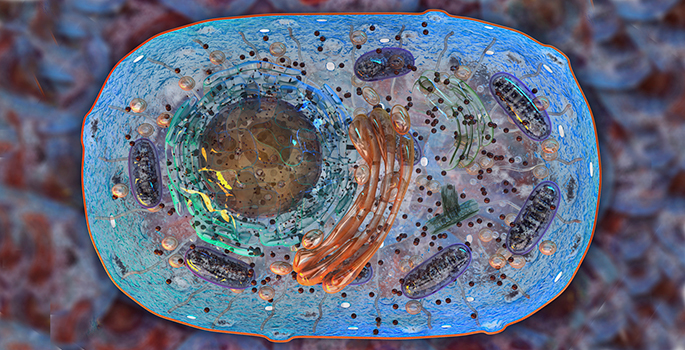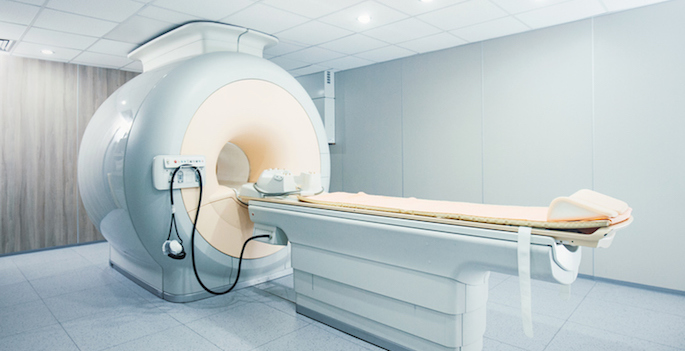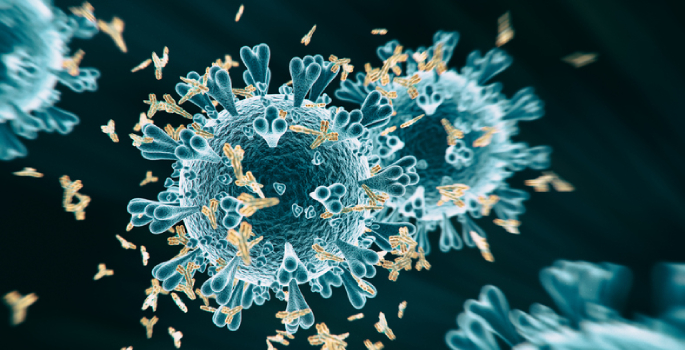Research
-

Vanderbilt computer scientists awarded NSF grant to restructure research’s road to the public
Vanderbilt researchers have been awarded a National Science Foundation Convergence Accelerator 2020 Cohort Phase 1 grant to create a standardized platform that will streamline the development, testing and dissemination of technology that can improve human health. The nine-month project, “Scalable, Traceable AI for Imaging Translation: Innovation to Implementation for Accelerated Impact (STRAIT I3),” looks specifically... Read MoreSep 22, 2020
-

Vanderbilt leads data effort for early prediction of pathogen outbreaks
NSF Convergence grant dovetails with Microsoft PREMONITION program expansion Vanderbilt engineers are leading the academic component of a massive Microsoft project that combines robotics, genomics, big data collection—and mosquitos—to monitor the environment and detect potential pandemics and other threats before they cause widespread outbreaks. Microsoft announced today expansion of its PREMONITION program and a large-scale... Read MoreSep 22, 2020
-

Rational vaccine design
Understanding immunity generated by smallpox vaccine may hold lessons for COVID-19 vaccine development. Read MoreSep 22, 2020
-

Throwing weight around on the internet
What users mention in online weight loss forum tracks with how much weight they lose. Read MoreSep 21, 2020
-

Probing pathogen antibiotic resistance
Understanding how bacteria evolve resistance to antibiotics and host stresses could guide the development of more effective antimicrobial therapeutics. Read MoreSep 17, 2020
-

New predictors of prostate cancer risk
An international group of researchers including Vanderbilt epidemiologists has identified new DNA methylation biomarkers associated with prostate cancer risk. Read MoreSep 17, 2020
-

Award supports integration of genomic data, electronic health records
Eric Gamazon, PhD, assistant professor of Medicine, has been awarded a $1.5 million grant from the National Human Genome Research Institute, part of the National Institutes of Health (NIH), to develop novel computational tools that integrate functional genomic data and electronic health records. Read MoreSep 10, 2020
-

VUMC to lay groundwork for Tennessee’s first federally funded Alzheimer’s Disease Research Center
Angela Jefferson, PhD, professor of Neurology and director of the Vanderbilt Memory and Alzheimer’s Center, has been awarded a $3.7 million, three-year grant from the National Institute on Aging (NIA) to support establishment of a prospective NIA-funded Alzheimer’s Disease Research Center (ADRC) at Vanderbilt University Medical Center. Read MoreSep 10, 2020
-

Fibroids and birth outcomes
Women with three or more uterine fibroids — non-cancerous growths — during pregnancy are more likely to have infants with reduced birthweight and may need additional surveillance. Read MoreSep 8, 2020
-

Possible key to COVID-19 infectivity
New findings demonstrate how genetic variations in the receptor that binds SARS-CoV-2 impact virus recognition and infectivity and offer insights to COVID-19 susceptibility and treatment. Read MoreSep 7, 2020
-

New clue to Alzheimer’s disease
Combining studies of genetically diverse mouse populations and human data led to the identification of a gene associated with cognitive decline and brain changes in Alzheimer’s disease. Read MoreSep 3, 2020
-

Assembling cell power plant machinery
Tina Iverson and colleagues provide a structural view into the assembly of a protein machine essential for cellular energy production. Read MoreSep 3, 2020
-

Vanderbilt historian says Kissinger’s legacy offers relevant lessons for today
Vanderbilt University historian Thomas Schwartz has written a biography of famed diplomat Henry Kissinger that offers lessons for today’s political leaders. Read MoreSep 3, 2020
-

Grissom awarded $1.4 million NIH grant to develop smaller, quieter MRI system
Vanderbilt engineers have received a $1.4 million NIH grant to work toward a compact, silent, less expensive and potentially portable MRI device. Read MoreSep 1, 2020
-

Study to track if COVID can spread during minimally invasive surgery
Physician-scientists at Vanderbilt University Medical Center are investigating whether SARS-CoV-2, the virus that causes COVID-19, can be spread through aerosolized emissions (microscopic droplets and particles) during minimally invasive surgery in children. Read MoreAug 27, 2020
-

Study uses AI to sort patient messages by complexity
Taking an interest in electronic message threads between surgical patients and their health care teams, a research group at Vanderbilt University Medical Center has tested how well certain commonly used machine learning algorithms can classify such exchanges according to their clinical decision-making complexity. Read MoreAug 27, 2020
-

Nobel Laureate Frances Arnold to deliver the Hall Engineering Lecture Sept. 15
Nobel Prize-winning chemical engineer Frances Arnold will deliver Vanderbilt's fall John R. and Donna S. Hall Engineering Lecture on Tuesday, Sept. 15, at 4 p.m. Arnold's lecture, “Innovation by Evolution: Bringing New Chemistry to Life,” will be live streamed, and registration is required. Read MoreAug 26, 2020
-

Blocking tumor ‘signals’ and ‘fuel’
Combining two drugs reduced colorectal cancer cell growth in vitro and in an animal model, suggesting the combination may be a promising treatment for patients. Read MoreAug 25, 2020
-

Land of plenty (of opioids)
Surgical patients are being given more opioids than they need for postsurgical pain management, raising the risk of addiction. Read MoreAug 24, 2020
-

VUMC awarded $34 million to lead nationwide convalescent plasma study
Vanderbilt University Medical Center has been awarded a one-year, $34-million grant by the National Center for Advancing Translational Sciences, part of the National Institutes of Health, to conduct a nationwide study of “convalescent plasma” as a treatment for COVID-19. Read MoreAug 21, 2020